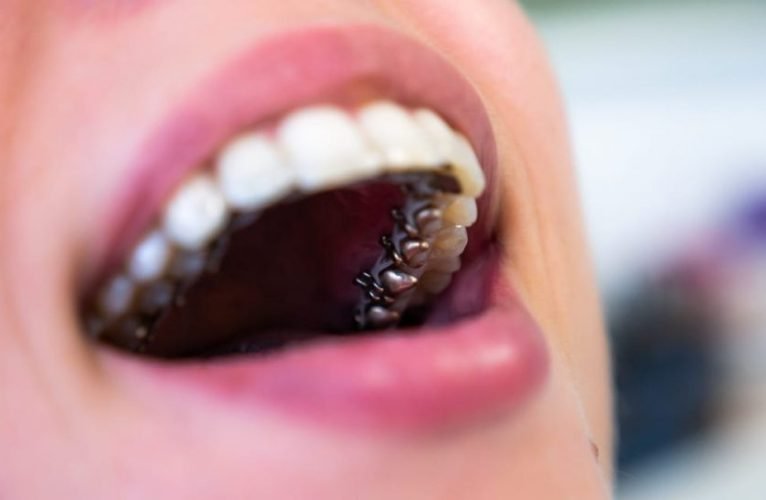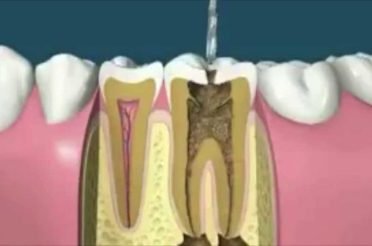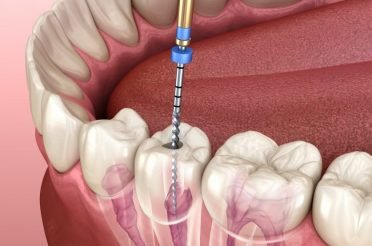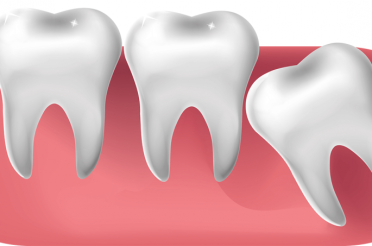What Exactly Are Lingual Braces, And What Benefits Does It Provide?

It could be the best option if you have bite problems but are embarrassed about wearing braces. According to pediatric dentist Miami, lingual braces are a kind of invisible braces. Other invisible orthodontic appliances are either plastic, ceramic, or clear aligners. But because dentists fix lingual braces to the lower backside of the teeth, closer to the tongue, they are not visible from the outside. It has several advantages and benefits, such as
Less pain
Studies prove that those who wear lingual braces experience a low level of pain throughout their first month of treatment. Initially, any form of braces will cause oral pain. Most people who use braces report their biggest complaint is pain and discomfort. However, your discomfort will fade over time. Meanwhile, your orthodontist may advise you to use orthodontic wax, take over-the-counter pain relievers, and eat cold meals.
Invisibility
The braces’ parts include wires, elastic bands, and brackets. Miami shores dentist place them on the back of the teeth, so other people can’t see them unless you open your mouth.
Fewer lifestyle changes
Any form of brace will cause some alterations at first. You may need to start with soft foods and learn how to clean your braces, among other things. However, lingual braces may require fewer lifestyle adjustments than labial braces. Because lingual braces sit on the back of your teeth, there is no need to change the mouth or the lip positions when playing the woodwind or brass musical instrument.
Custom design
Computer-aided design and computer-aided manufacture (CAD/CAM) software allow orthodontists to customize lingual braces. Experts looked at people with lingual braces and discovered that those with custom brackets experienced less speech and chewing issues than those who had manufactured brackets.
Disadvantages and complications of lingual braces
Affects speech
Whether it be lingual or labial, wearing braces will affect your speech at first. However, some data suggest that wearing lingual braces may make speech more difficult. According to lingual braces Miami, wearers of lingual braces continued to have trouble after a month. According to a study, those who use labial braces could regain their speech within a week. Another study found that people who wore lingual braces for three months had difficulty pronouncing.
Cleaning Issues
It may be a bit harder to maintain oral hygiene with lingual braces. Food particles usually stick between the brackets of your lingual braces. Compared to labial braces, The lingual brackets space more closely than others. A water flosser can help in removing the stuck food particles.
Orthodontist training issues
Many orthodontic programs do not provide clinical training in lingual appliances, even though lingual braces require different procedures than labial braces. So you may have some trouble finding a trained orthodontist to apply them.
Conclusion
From the above-given information, we learned some valuable and beneficial information about lingual braces. The above article discusses the advantages and disadvantages of lingual braces. For further details about lingual braces, please check out ivanovortho.com.







